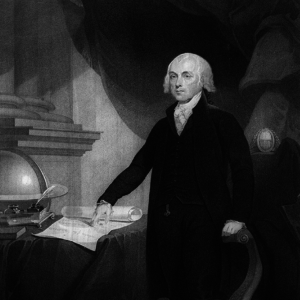For an alternate viewpoint, see “Counterpoint: Trump Is Upholding the Constitution by Calling Out Its Weaknesses.” President Trump is pursuing a path that is actively destabilizing the guardrails of our Constitution. Unless he changes course, our nation — the world’s oldest continuing democracy — risks a crisis where the president is no longer beholden to […]






